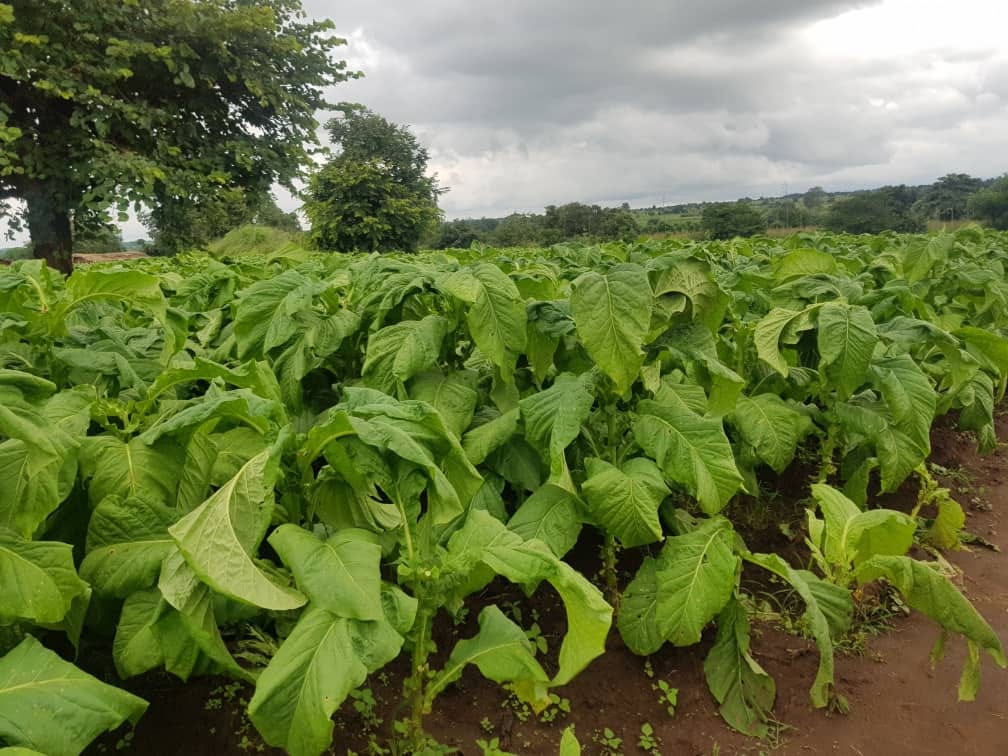ATAF Aims to Boost Revenue, Health With New Tobacco Tax Project
As the project gains momentum, all eyes will be on ATAF's ability to navigate the complex policy landscape and strike a delicate balance between fiscal priorities, public health imperatives, and socio
PRETORIA, South Africa — The African Tax Administration Forum (ATAF), a prominent pan-African organization focused on improving tax systems across the continent, has launched a significant new initiative targeting the tobacco industry, writes Winston Mwale.
Supported by the Bill and Melinda Gates Foundation, this project aims to bolster domestic revenue mobilization (DRM) while promoting healthier lifestyles among African citizens.
According to an ATAF briefing document obtained by AfricaBref, the organization recognizes the vital role of DRM in financing the United Nations' Sustainable Development Goals (SDGs) and the African Union's Agenda 2063.
With African nations typically exhibiting lower tax-to-GDP ratios compared to other regions, ATAF sees tobacco taxation as a strategic lever to enhance revenue streams without causing economic distortions or overburdening taxpayers.
"Effective tobacco tax policy is linked to SDG 3 and Agenda 2063 Goal 3, promoting healthier lives and well-being for African citizens by potentially driving positive behavioral changes through increased tobacco costs," the briefing states.
The tobacco taxation project addresses a longstanding global agenda driven by three primary considerations.
Firstly, tobacco remains the leading preventable cause of death worldwide, with the World Health Organization (WHO) estimating that tobacco use causes 8 million deaths annually and more disability and ill health than any other behavioral risk factor.
Secondly, evidence shows that raising prices through taxation is the most effective measure to reduce tobacco consumption. A 2019 report cited by WHO estimated that 27.2 million premature deaths could be averted globally within a 50-year period if countries increased the price of tobacco by 50% through tax hikes – equivalent to eliminating all global cancer deaths for three years.
Thirdly, tobacco taxation is critical for DRM. The African Tax Outlook reveals that the average tax-to-GDP ratio in African countries stood at 14.55% in 2021, significantly lower than the OECD average of 34.1% recorded the same year.
"This project will in future be extended to cover other harmful products such as alcoholic beverages, sugar-sweetened beverages and other products under the excise tax regime," the briefing notes.
At the core of the initiative is the recognition that tobacco taxation encompasses various levies, including indirect taxes such as excise, value-added, and customs taxes, as well as direct taxes like income tax.
However, excise taxes have the most significant impact on tobacco product prices and hold the greatest potential for boosting DRM and influencing public health outcomes.
Among the key policy and tax administration issues the project aims to address are the development of effective tax structures and optimal rates, regulation of new and emerging tobacco and nicotine products, combating illicit trade and tax evasion, building capacity for tax audits and investigations, and leveraging technological solutions like production monitoring and track-and-trace systems.
"More than half of the ATO countries do not have any form of excise duty on electronic cigarettes," the briefing highlights, underscoring the need to address the taxation of novel tobacco and nicotine products.
The project's activities will encompass research and analysis of existing policies, capacity-building programs for government officials, development of technical assistance materials and toolkits, hands-on support for policy design and implementation, monitoring and evaluation of implemented measures, and knowledge dissemination through policy briefs, workshops, and conferences.
While the tobacco taxation project is currently focused on African nations, ATAF's ambitions extend beyond the continent's borders.
"ATAF recognises the role played by tax administrations in the implementation of this Treaty and the fight against illicit trade," the briefing states, referring to the WHO Protocol to Eliminate Illicit Trade in Tobacco Products.
As the project gains momentum, all eyes will be on ATAF's ability to navigate the complex policy landscape and strike a delicate balance between fiscal priorities, public health imperatives, and socioeconomic considerations.
The success of this initiative could pave the way for a broader shift in how African nations approach the taxation of harmful products, setting a precedent for innovative approaches to domestic resource mobilization and sustainable development.
*Download the briefing below:




